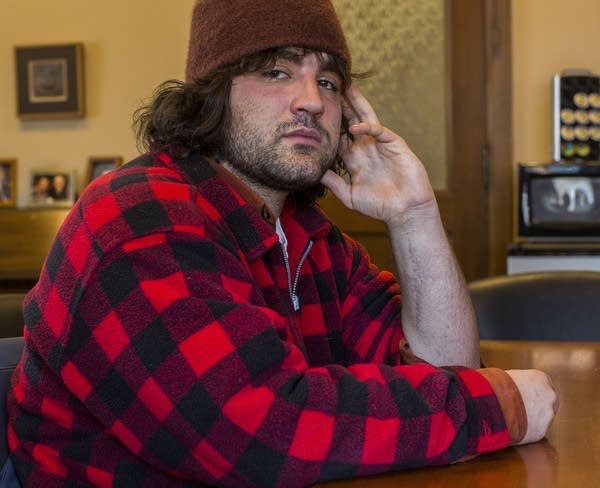Despite law, mentally ill wait in jail without treatment

Zac Zimmerman, 22, spent three months in jail after a suicide attempt in International Falls, Minn., two years ago. Here, Zimmerman sits for a portrait Feb. 4 at the St. Louis County Courthouse in Duluth.
Derek Montgomery for MPR News
Go Deeper.
Create an account or log in to save stories.
Like this?
Thanks for liking this story! We have added it to a list of your favorite stories.


